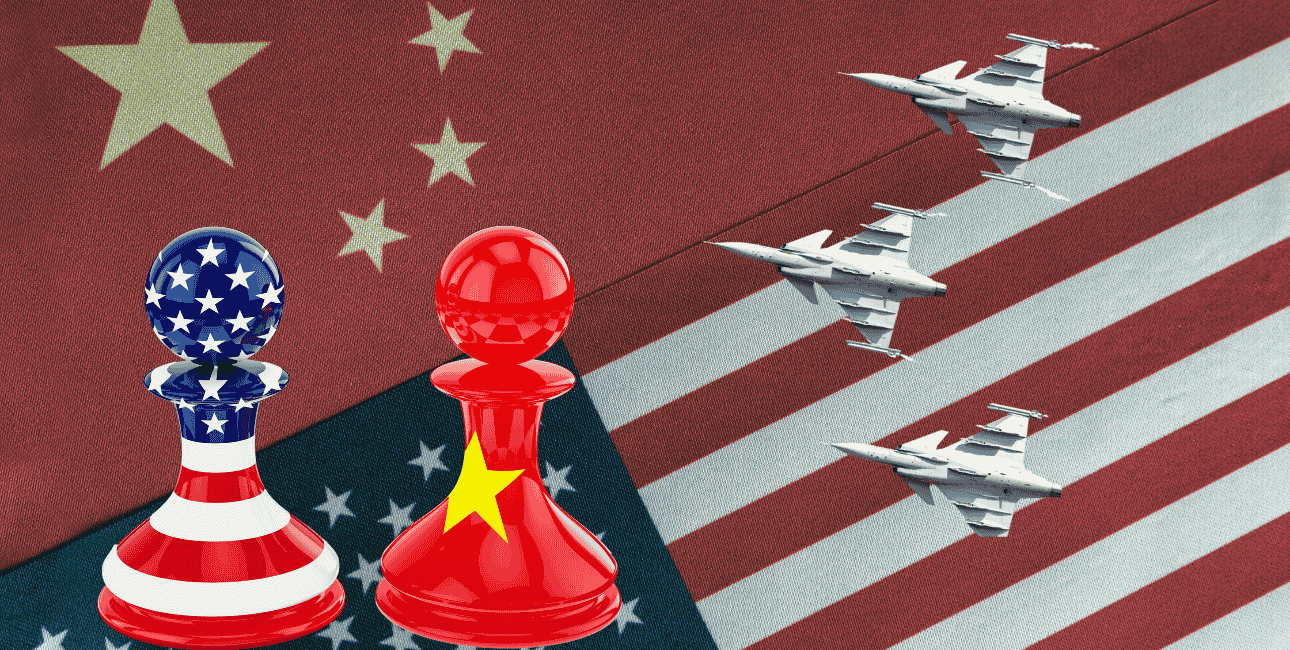Can the UAE-brokered peace initiative between India and Pakistan be impacted by the widespread violence by radical Islamist group, Tehreek-e-Labbaik Pakistan (TLP) who have been demanding the expulsion of the French ambassador to the country?
The demonstrations and violent agitations against the cartoons of Prophet Mohammed published in the French newspaper Charlie Hebdo last September created huge turmoil in France and in some Islamic countries.
However, French President Emmanuel Macron, by defending it as freedom of expression and calling it an integral part of French civil and political discourse, angered radicals in Pakistan.
This had triggered demands for a boycott of French goods, companies, and even the expulsion of the French ambassador in Pakistan. And the last week’s violent protests were the reflection of this collective rage and hate towards the European country.
To ward off an increasingly hostile domestic pressure, Prime Minister Imran Khan entered into an agreement with the TLP that talked of the government bringing a legislative resolution to expel the French Ambassador.
Pakistan Capitulates to Extremists – OpsLens https://t.co/0ATyuwRQna #Pakistan #Riots #protests #ProphetMuhammad #Legislature #TTP #RightWingExtremistGroups #TehreekELabbaikPakistan pic.twitter.com/wpXupk6uPF
— OpsLens (@opslens) December 1, 2017
However, realizing the dangers of fulfilling the promise, angering the French and the European Union, and creating even more problems for Pakistan, the government went back on its word.
It arrested TLP leader Saad Rizvi and banned the outfit. Days of violence followed, the government lost its nerve, released its leader and most of the followers, 669 out of 733 arrested for violence, according to Interior Minister Sheikh Rashid.
The Imran Khan government also had to call an assembly session that ultimately led to the formation of a committee for resolution of the issue. Now, for the time being, the issue has been put on the backburner but it surely has implications for Pakistan’s economy, security as well as diplomacy.
The Pakistan government today finds itself in a Catch-22 situation. Any hostile action against France will certainly be retaliated by Paris and the EU. In any case, Pakistan rarely figures among important trading partners of Europe.
With the sword of FATF Grey/Black List hanging over its head and renegotiations for the bailout package with the IMF underway, Pakistan can hardly even think of acting tough.
To deal with this, the PTI government in Pakistan could well try to distract public opinion towards Kashmir once again. It might well raise temperatures on the alleged violations by India and even try to send its army of radicals to infiltrate into Indian territories.
A few sporadic incidents like the one of bombing in Serena Hotel in Quetta on Wednesday night could allow the shaking Pakistani establishment to bring Kashmir back into the picture again and use it for sending jihadists into India.
However, with the UAE taking the initiative to start discussions between India and Pakistan, Khan’s problems could only multiply.
While the UAE’s royal family is itself pitching in with peace overtures and the country has remained a financial patron to Pakistan for decades, PM Khan cannot really play truant with them.
He has to at least go through the motions and try to play peace to a certain extent.

Media reports suggest that the February 25 India-Pakistan LOC ceasefire agreement was the first step towards peace. The second step involves the reinstatement of respective High Commissioners in both capitals. Only then, the contentious issues like Kashmir, terrorism and the rest are to be discussed.
In the given scenario, Pakistan cannot explicitly violate the ongoing peace process in the short term. While General Bajwa seems very much on board, to placate the ever-growing army of domestic jihadists, PM Khan would certainly need the help of some external sources, maybe Saudi Arabia, the UAE, and probably the US too to rein in leaders of its home-grown radicals.
Khan’s helplessness was clearly visible when the Pakistan government made a U-turn of not resuming trade ties with India, 24 hours after proposing to import sugar and cotton from its neighbor.
So how far the UAE-initiated peace process between the two neighbors moves forward will depend greatly on how this French issue is tackled in Pakistan.
In the current context with Indian borders remaining not so porous, the IMF bailout package under discussions and UAE getting involved in the complicated India-Pakistan relations, the big question is — will Pakistan once again create troubles for India, which would set it back to square one — the current state of a chaotic economic, social and diplomatic order?
A rational answer would be a big no, but then Pakistanis are unpredictable, in cricket as well as in international politics.
OPED by Rajesh Kumar Sinha
(Views expressed in this article are author’s personal)




